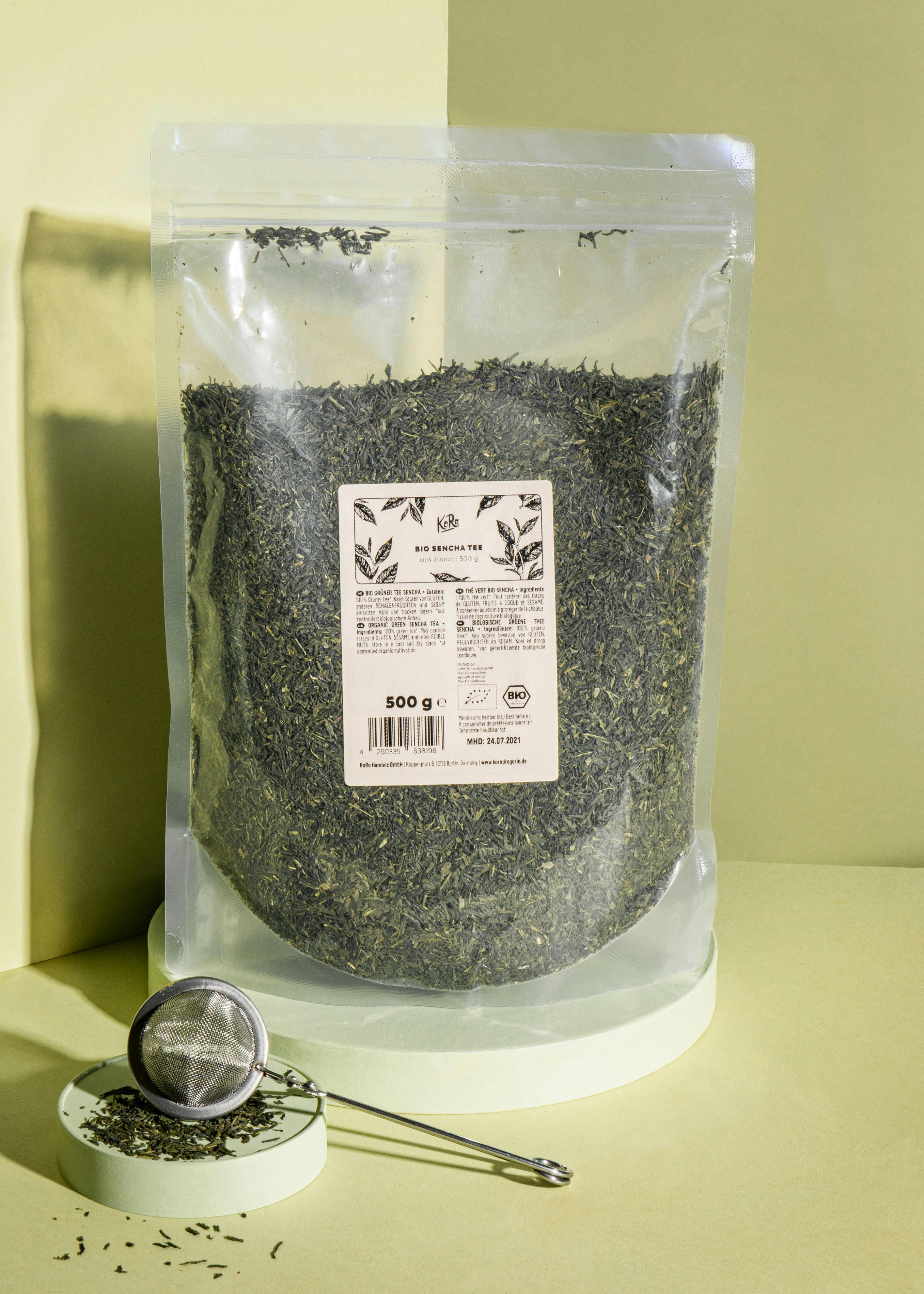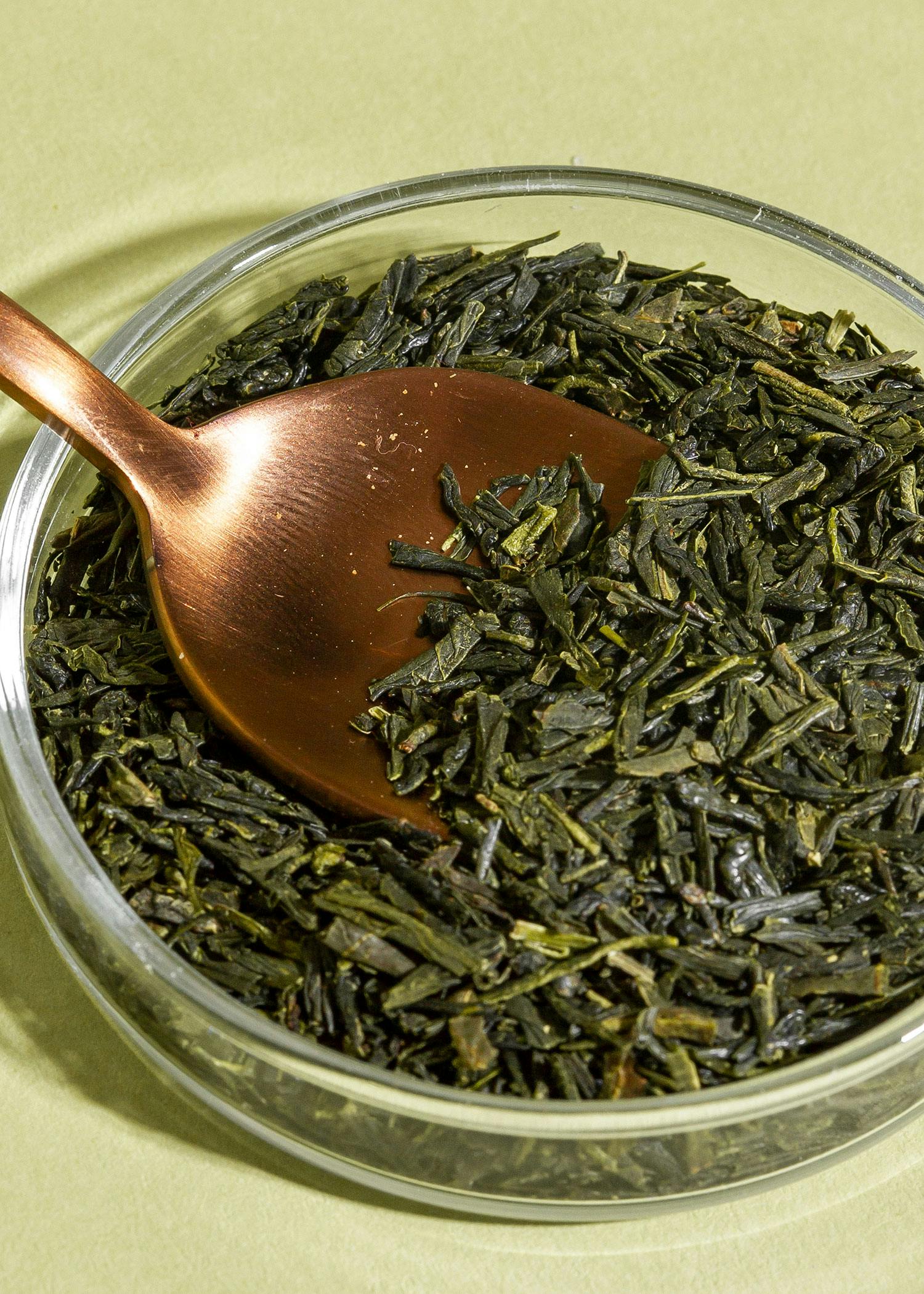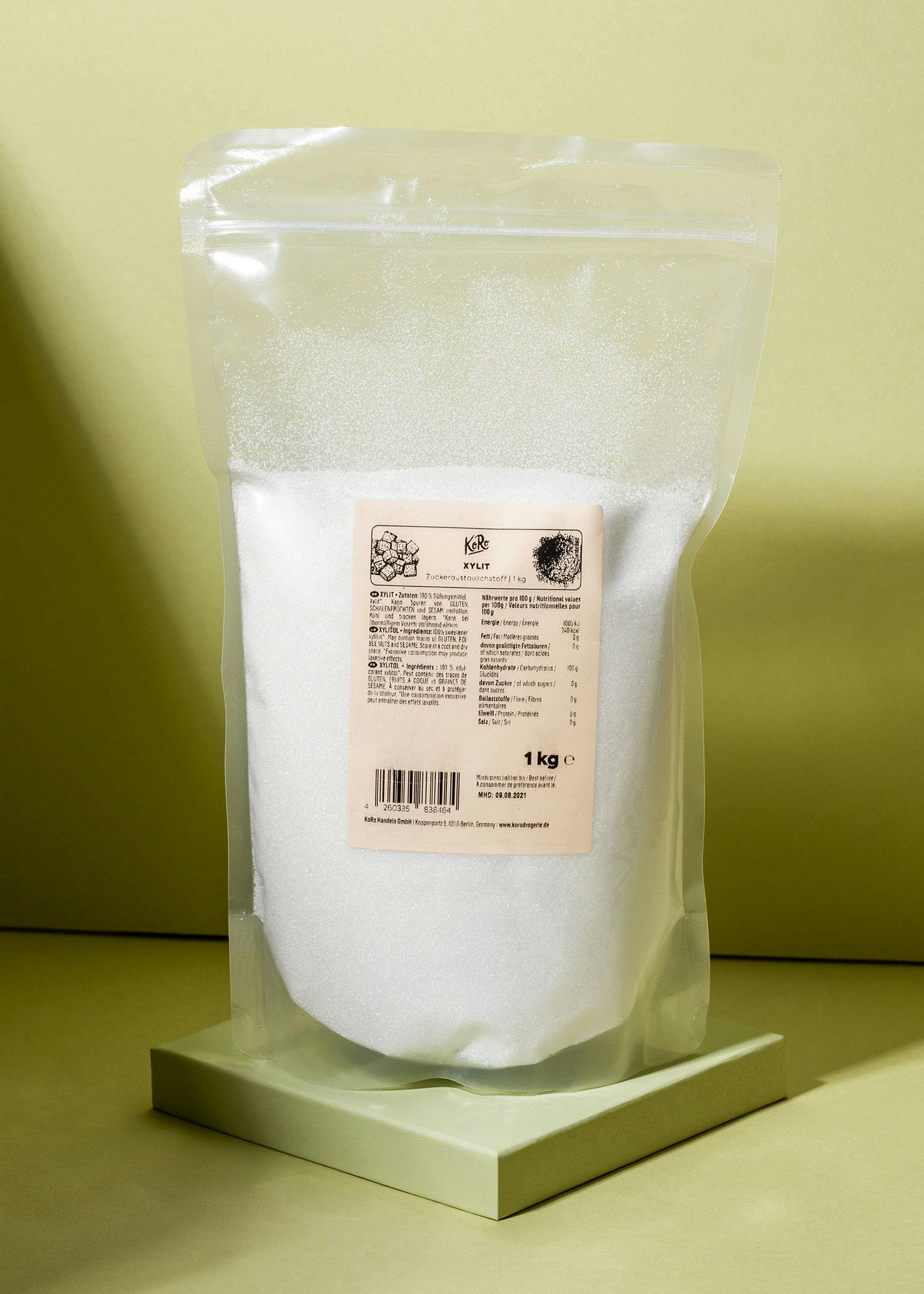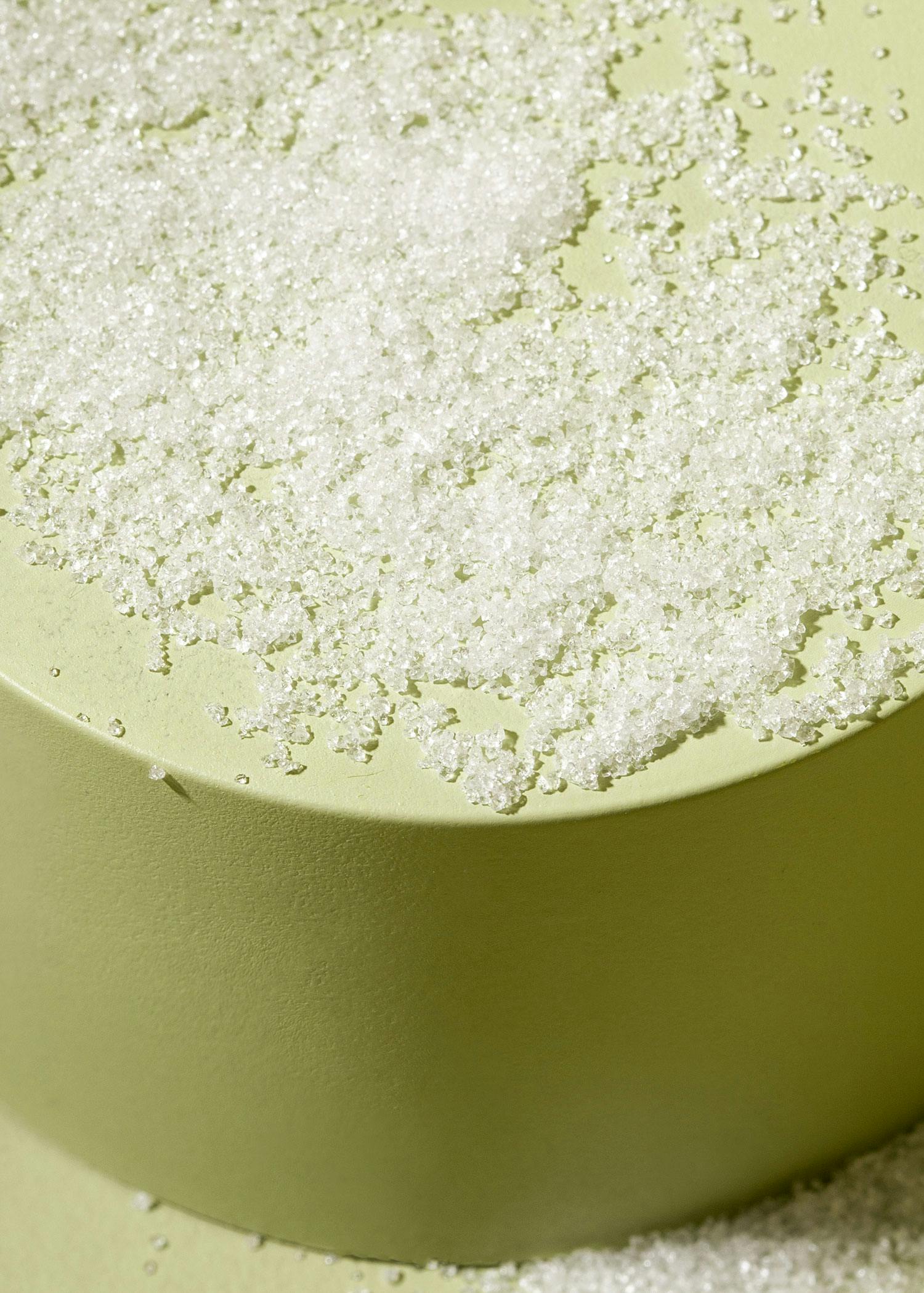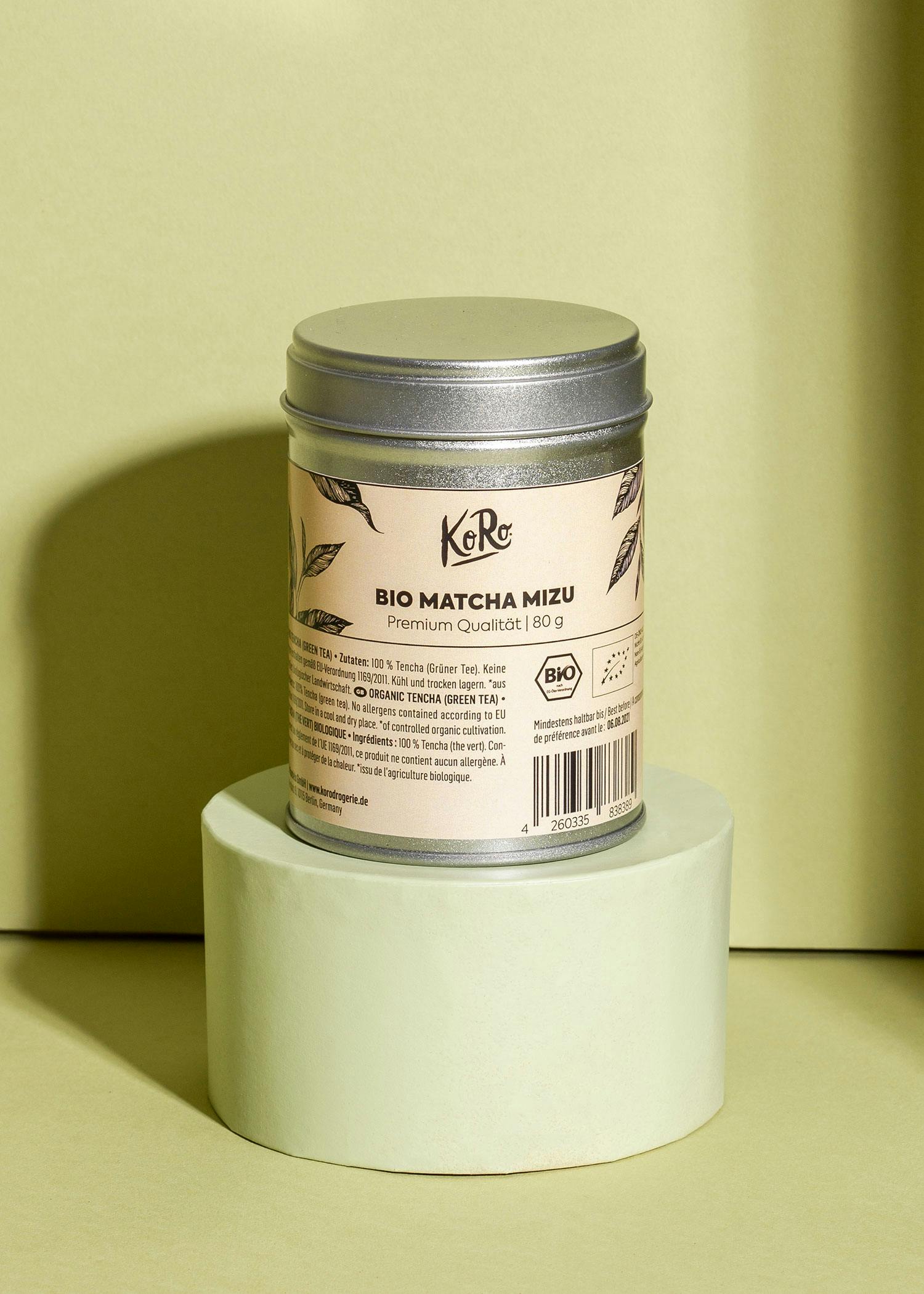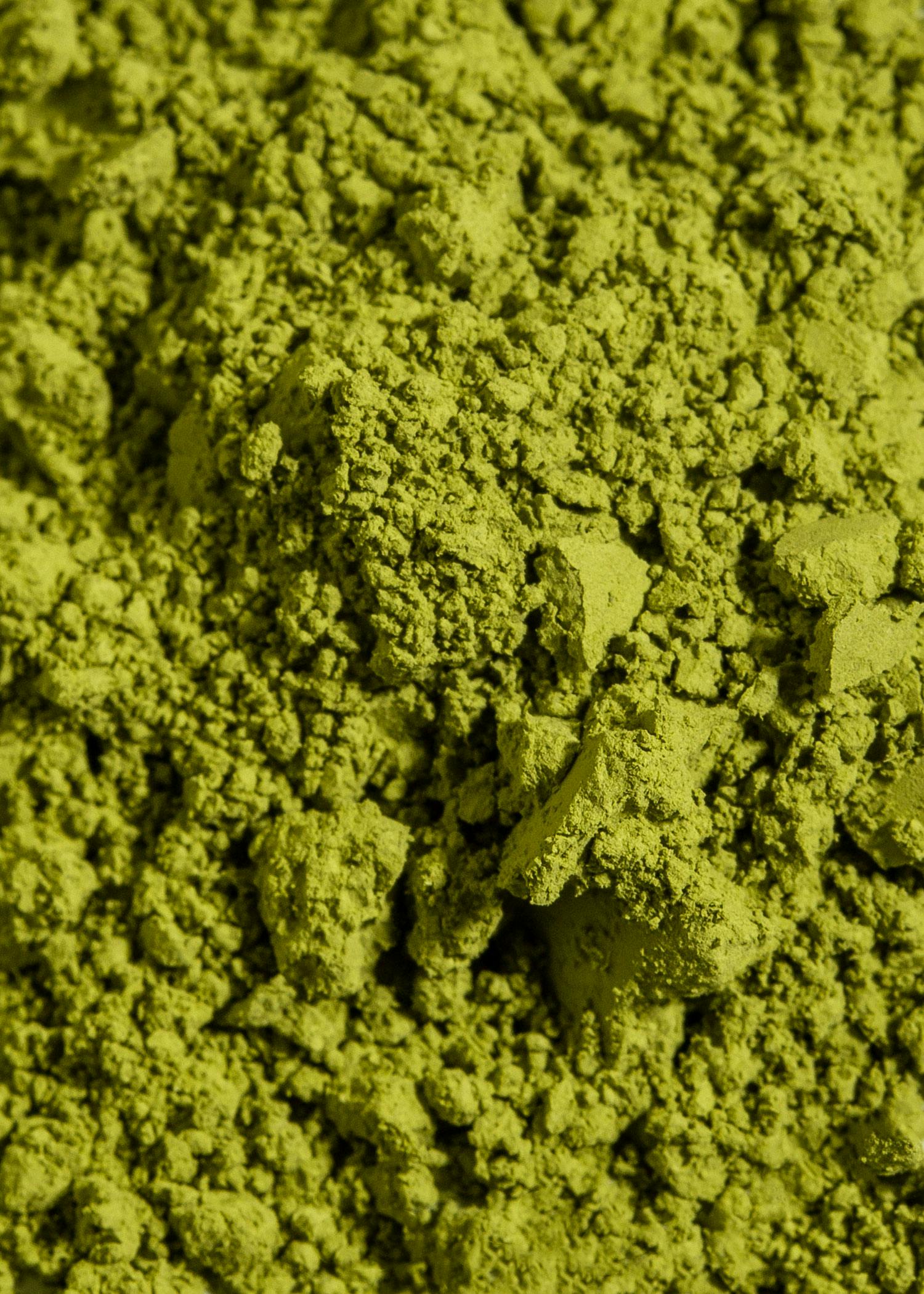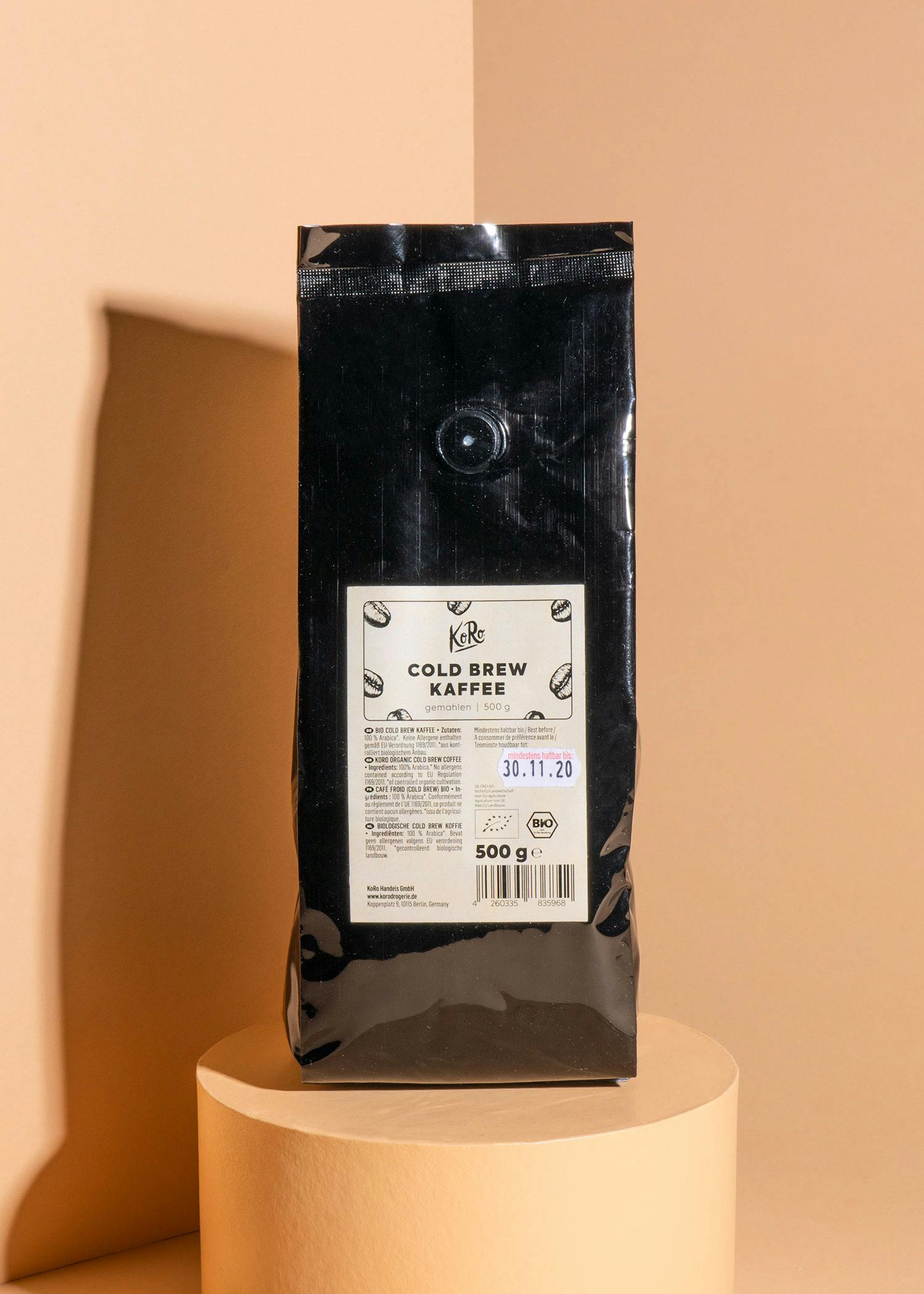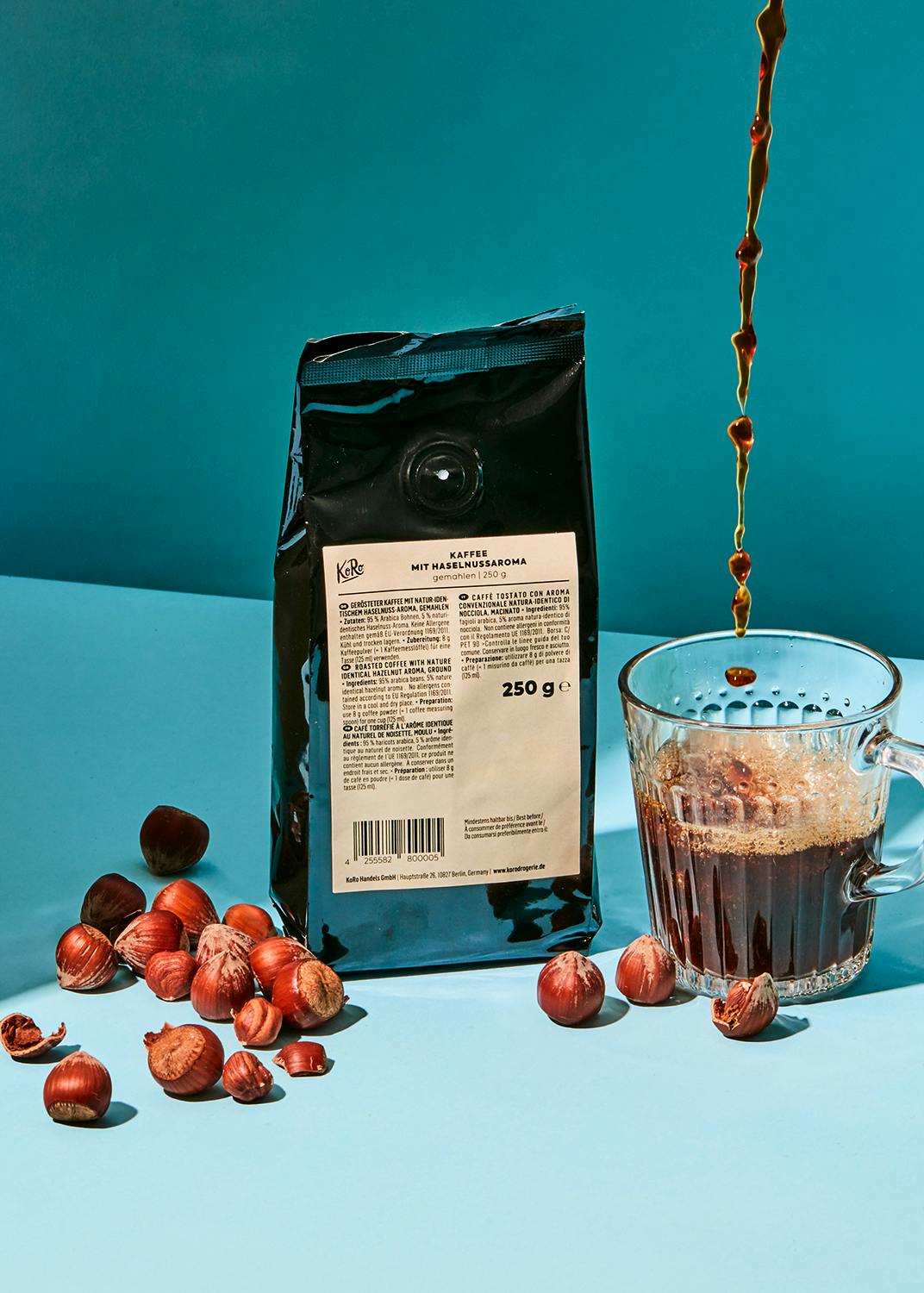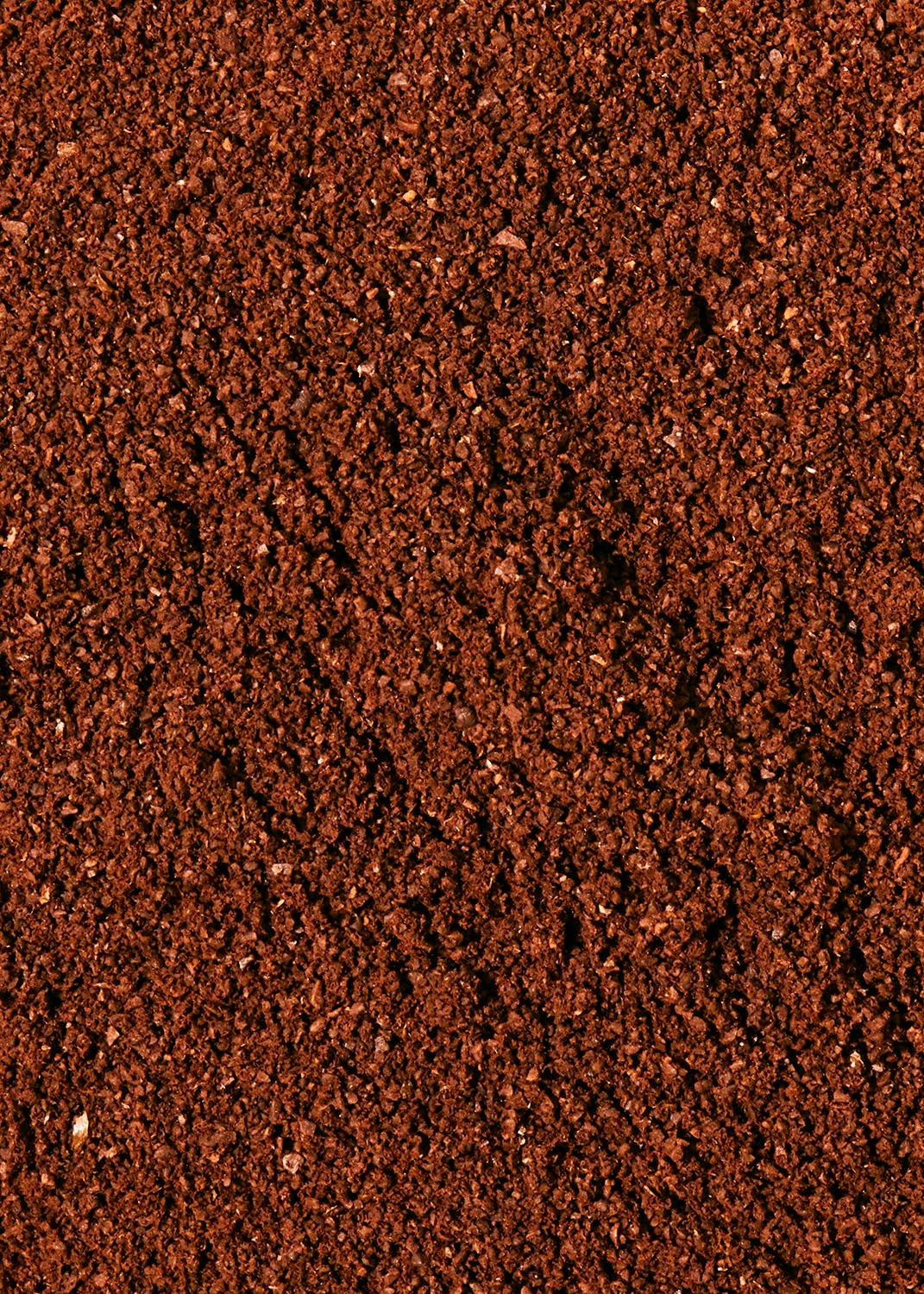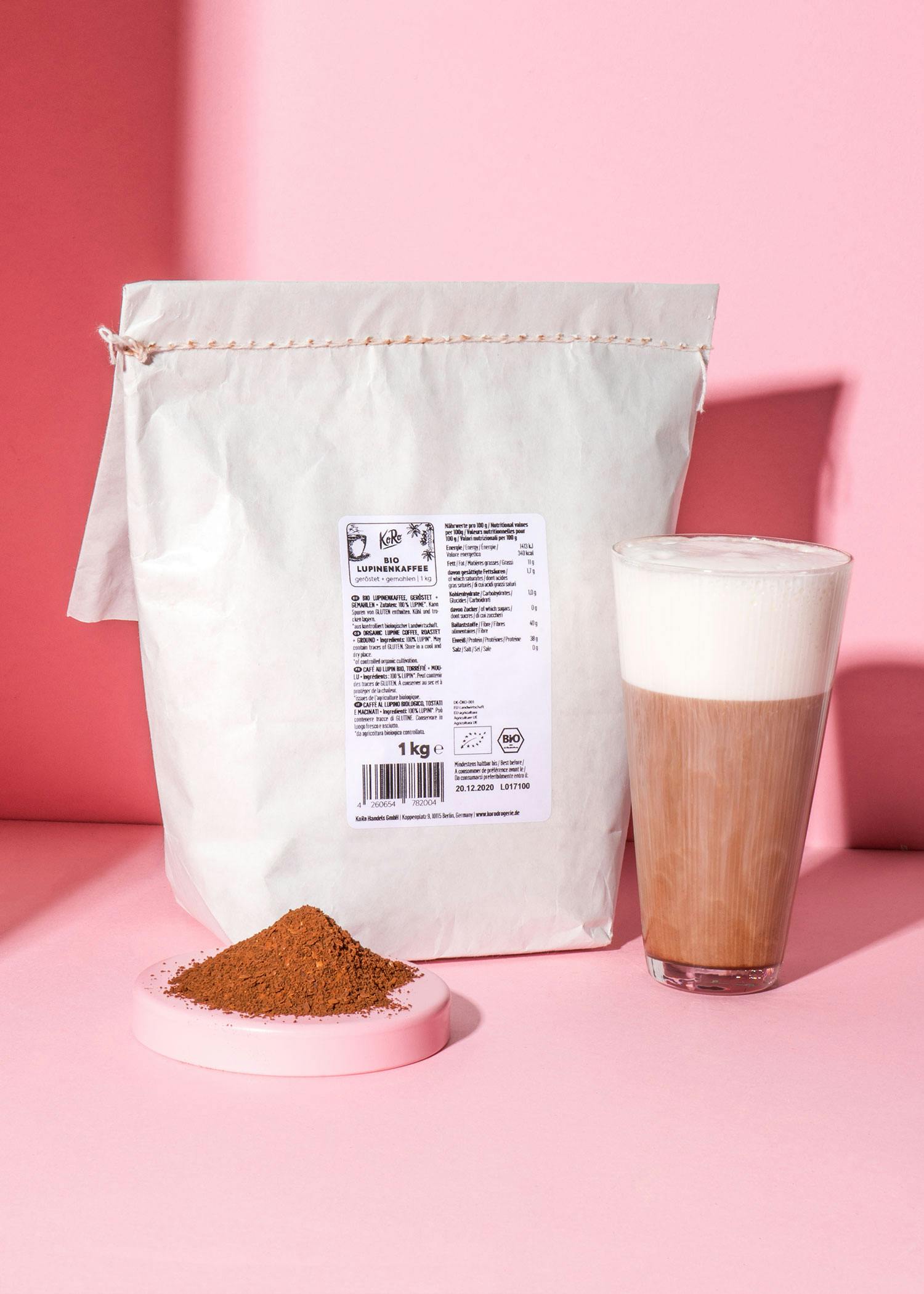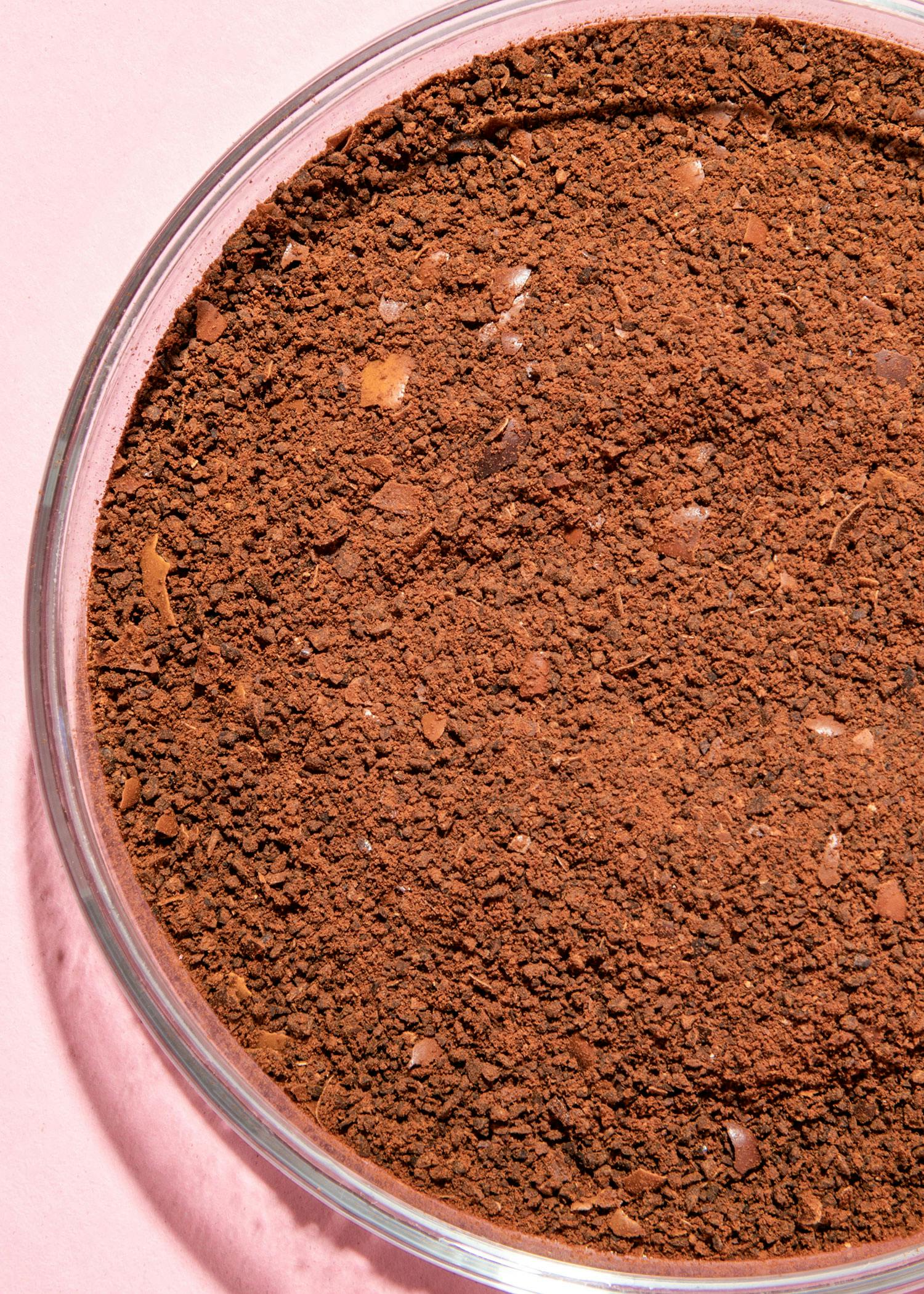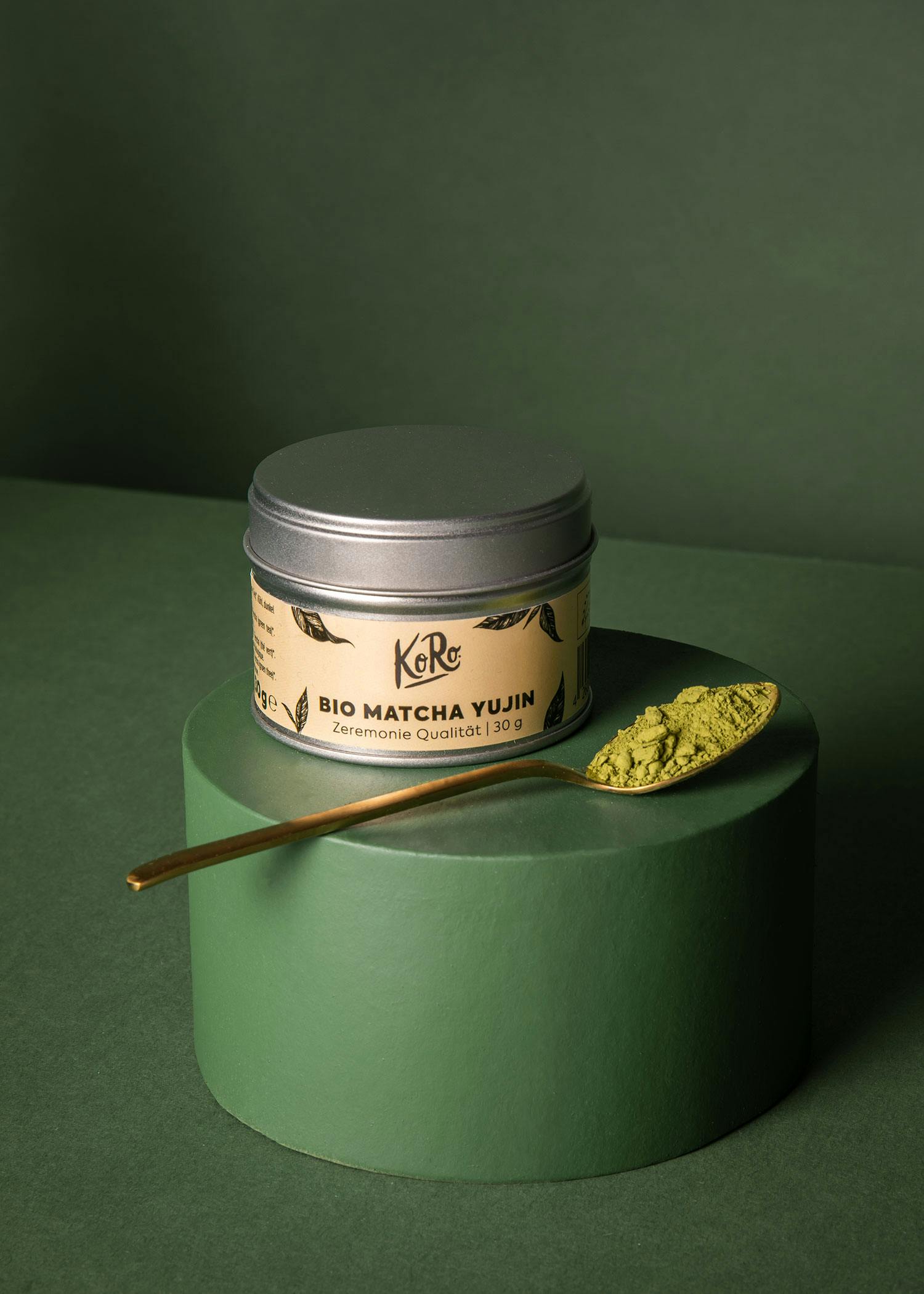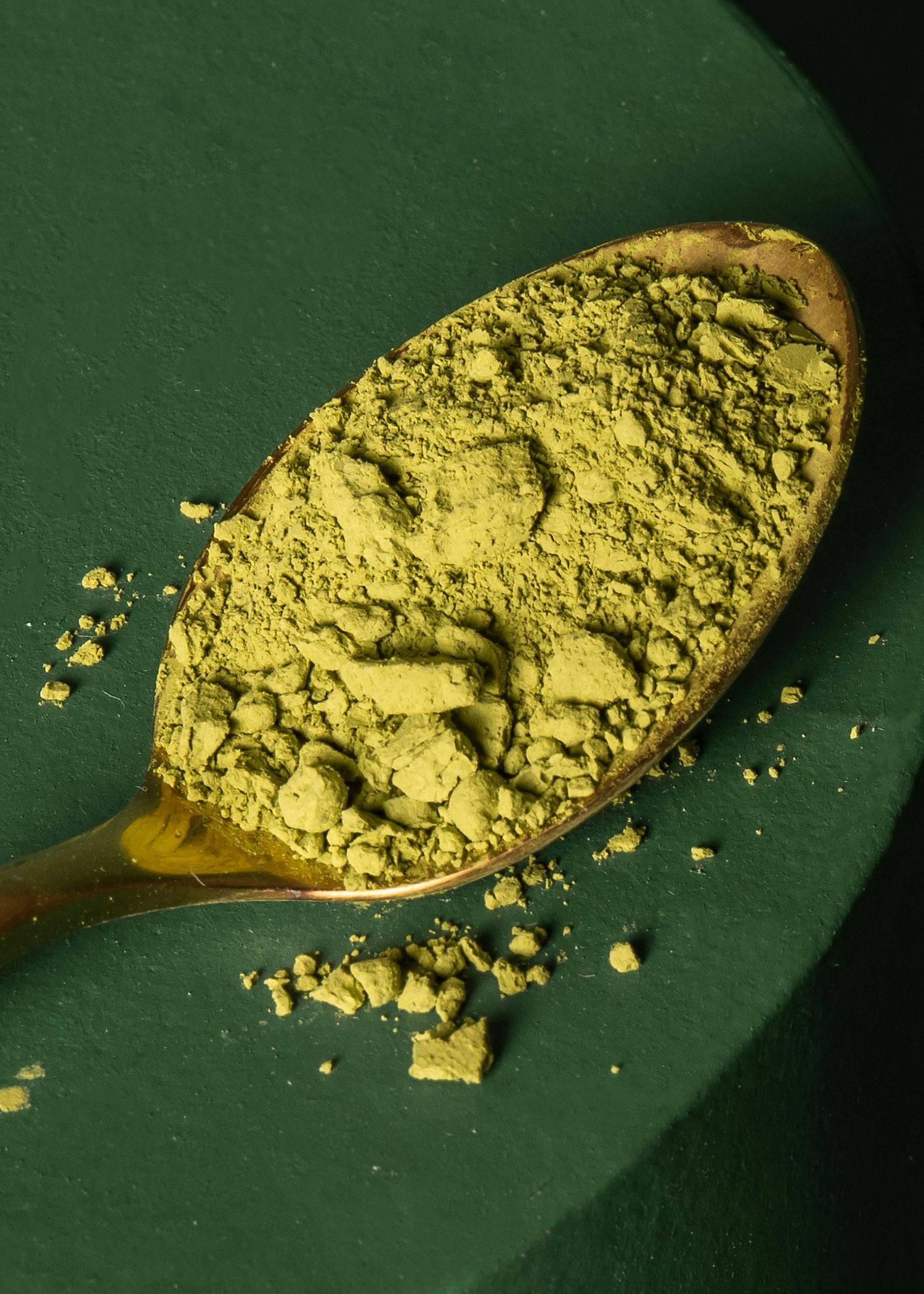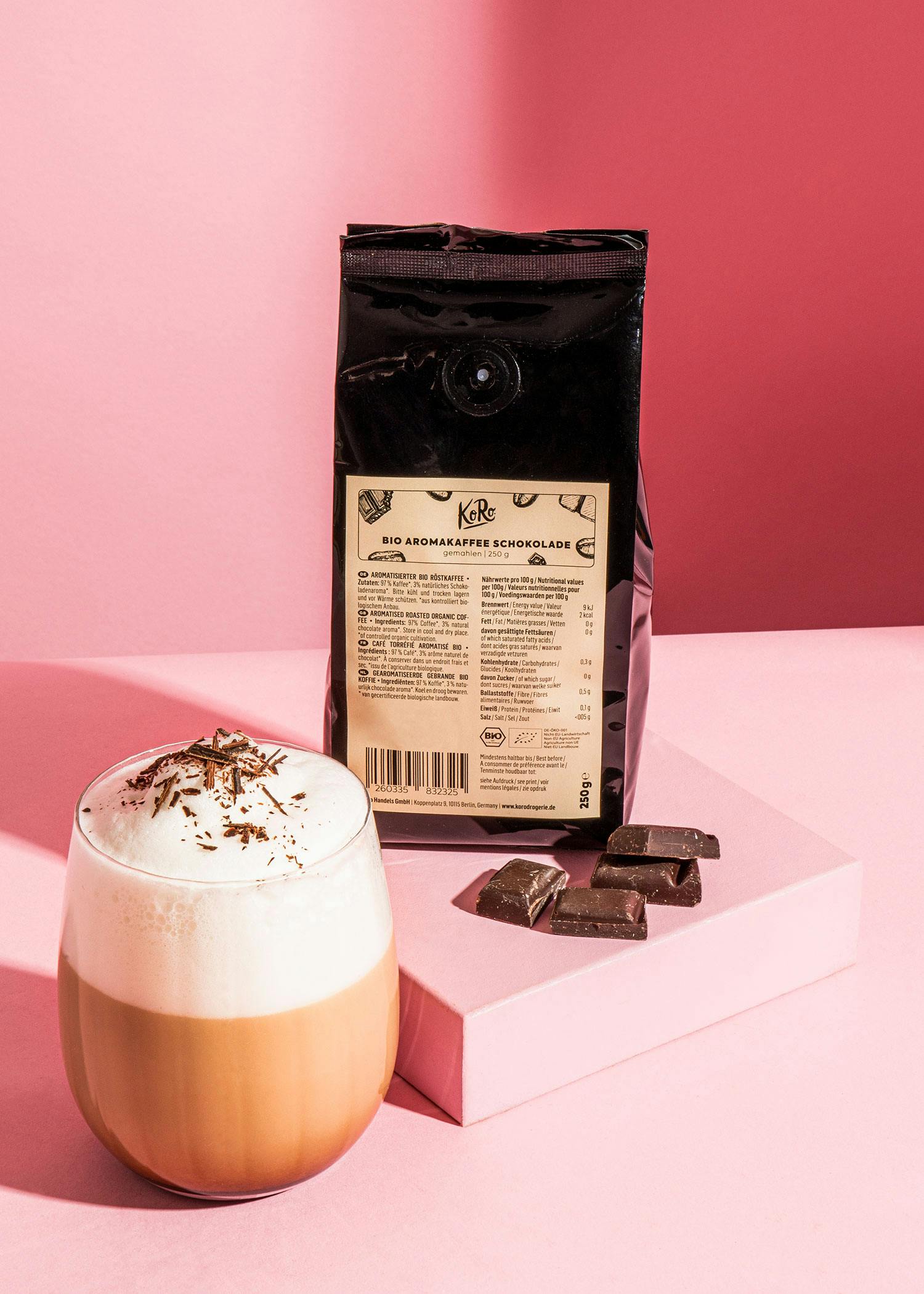There are the caffeine junkies who are best not approached before their first cup of coffee in the morning and there are the staunch tea drinkers who prefer to start the morning with a cup of green tea to wake them up. Regardless of which category you put yourself in, both have their pros and cons.
The common denominator: caffeine
Both matcha and coffee contain the notorious stimulant caffeine. Caffeine has a stimulating effect on your brain and central nervous system. The substance makes you feel more awake, more alert, fresher, fitter, more concentrated and generally more stimulated. Your pulse and blood pressure also increase when you consume caffeine. Caffeine is also a mild diuretic, stimulates the bowels and makes you feel euphoric. In fact, the word caffeine junkie is not so far-fetched, because caffeine does indeed have addictive potential. No caffeine can really lead to withdrawal-like symptoms such as nervousness, irritability and listlessness. In addition, experienced caffeine consumers develop a tolerance to the substance with regular consumption. The body adjusts to a certain level and demands it. If too little or no caffeine is consumed, withdrawal symptoms occur.
Matcha tea and coffee - differences and similarities
Now that you know what caffeine does, the question naturally arises: does it matter whether you drink coffee or matcha tea or are there actually differences? And what do the two have in common?Basically, the two wake-up drinks differ in terms of their ingredients. While classic coffee is made from ground coffee beans, matcha is a type of green tea made from the ground leaves of the matcha plant. Matcha and coffee also differ in their origin. While coffee is grown in many parts of the world, but mainly in Africa and South America, the origin of matcha is still exclusively in Asia, namely in Japan and now also in China.Preparation is equally uncomplicated. Both are traditionally infused with hot water and brewed. However, matcha tea needs to be left to infuse for a while, whereas coffee can be enjoyed freshly brewed straight away. As coffee is also much more widespread here, there is a much larger selection of varieties, roasting degrees, aromas and flavors. In this country, the matcha selection is much smaller. However, a distinction can be made between cooking matcha and drinking matcha. The former tea powder is more bitter and tends to be used for cooking, baking, desserts and as a spice - many people find it too bitter as a drink. Drinking matcha has a more subtle, less intense taste and is therefore more suitable for the teacup.
Matcha tea and coffee - how they work
Do both drinks have the same effect? Yes and no! Although both contain the substance caffeine, coffee, with a caffeine content of approx. 120 mg caffeine per 240 ml cup, has significantly less caffeine than the same amount of matcha tea - almost 300 mg! Coffee is also very acidic, whereas matcha tends to be milder.
So which is better?
Both have their advantages and disadvantages. Both matcha and coffee are excellent ways to stay fit and focused in everyday life. Of course, you shouldn't overdo it, but in moderate doses, both drinks are welcome helpers in the morning or in stressful situations. Ultimately, you should opt for the variant that tastes better to you. Matcha has a sweet, bitter and subtly tart taste, which is sometimes also perceived as creamy. If you find the taste too intense on its own, you can add a little soy milk. This turns matcha tea into a matcha latte that not only looks great, but also tastes great. Coffee, on the other hand, offers numerous variations, from bitter to mild. Here too, you can influence and vary the taste with milk, cocoa powder or xylitol. So no matter what you choose, the main thing is: it wakes you up and tastes great!
